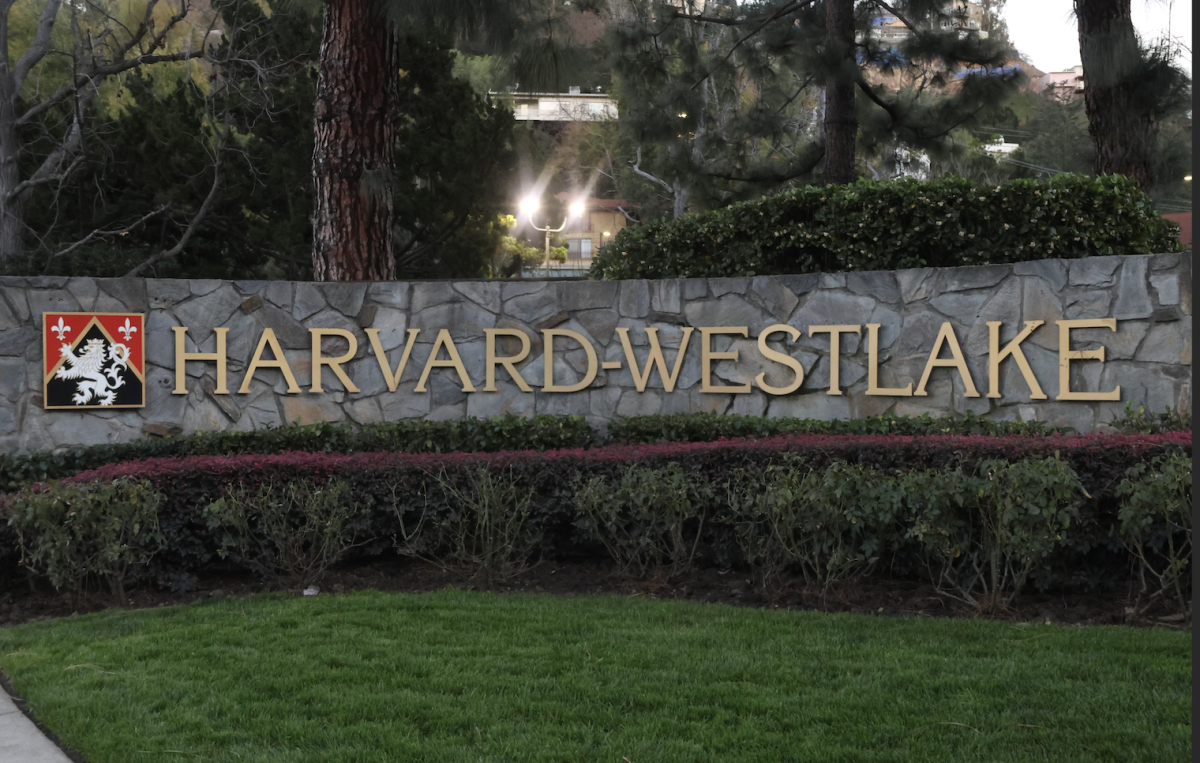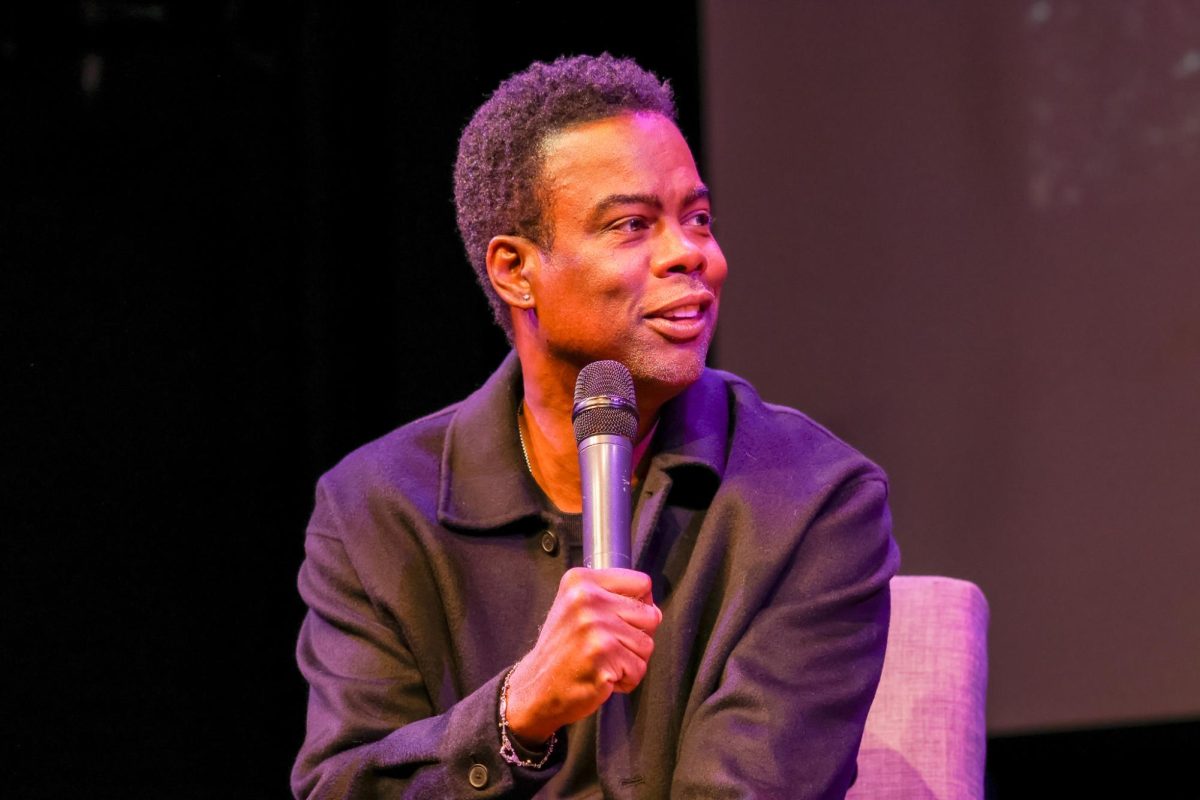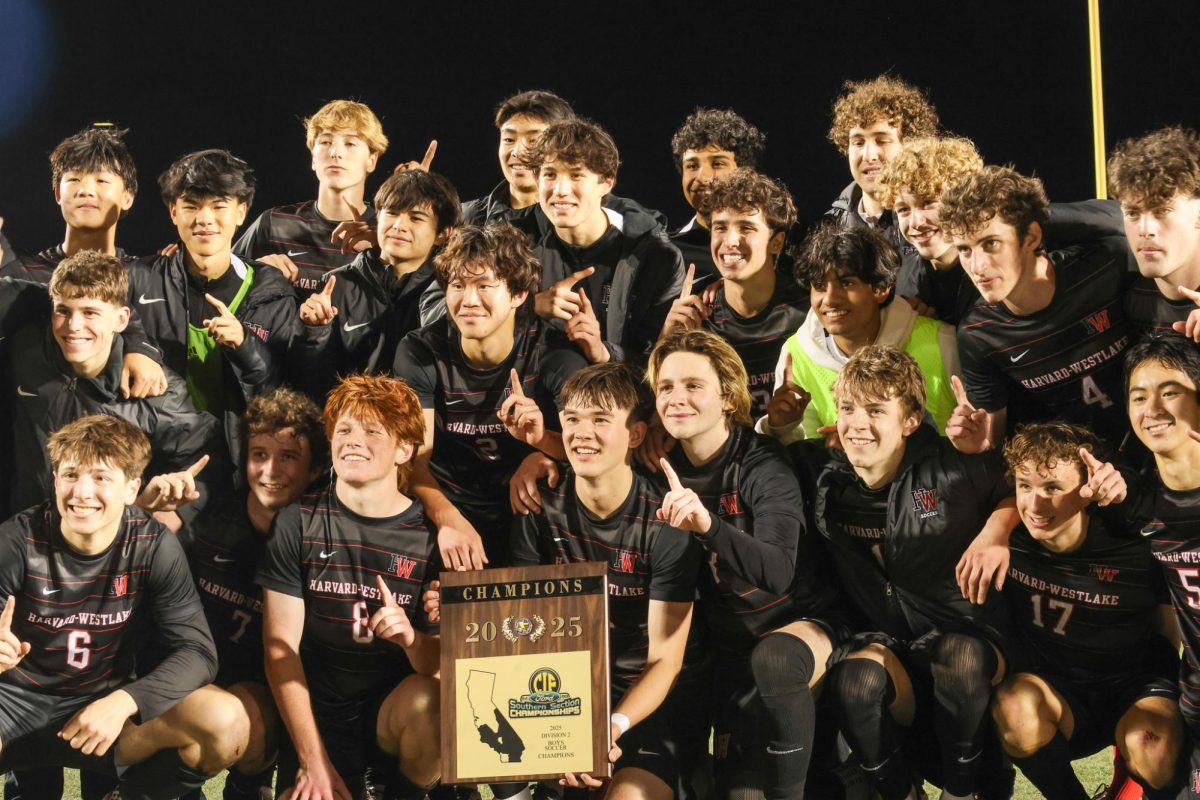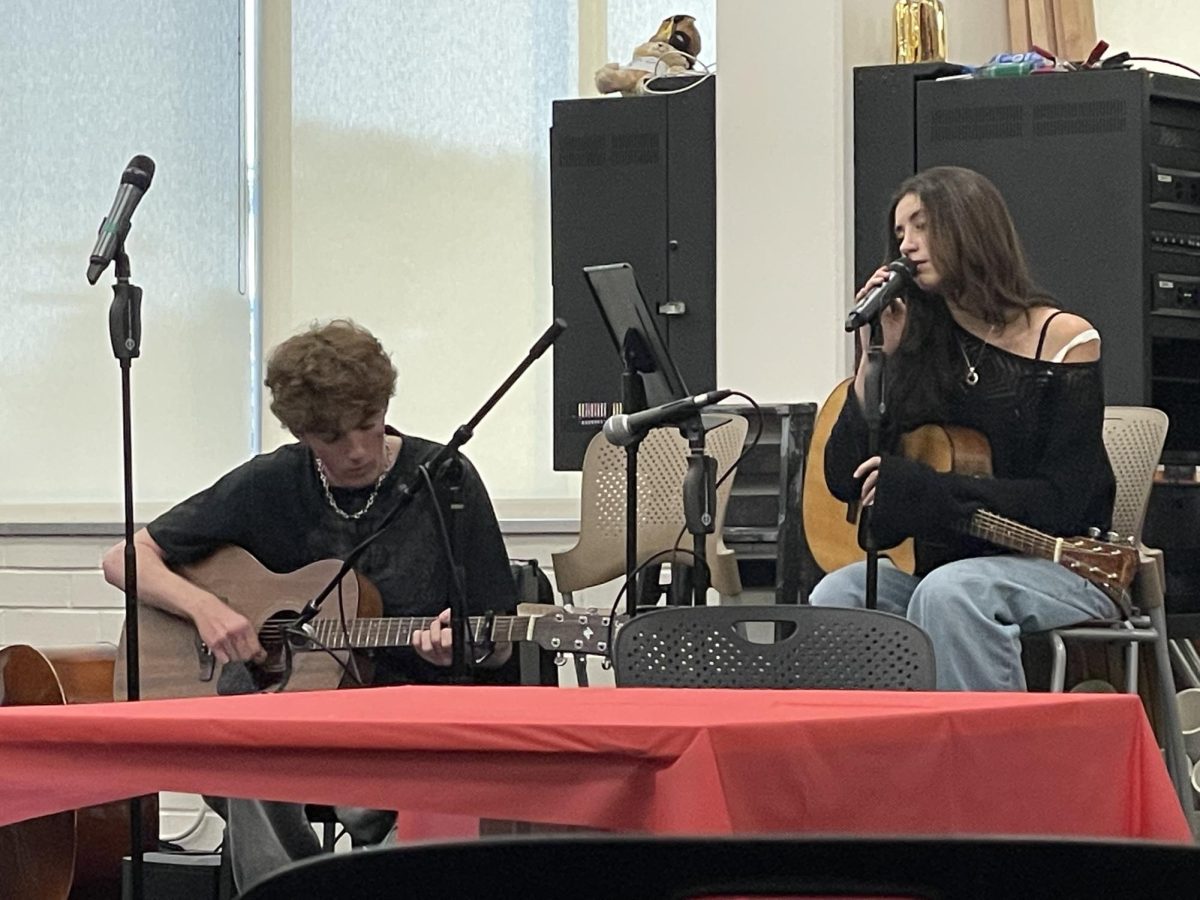Advanced Placement Human Geography and International Relations students attended the International Negotiation Project conference at Whittier College on Saturday, culminating their month-long online simulation, in which they learned how to represent a country and make political agreements with other nations.
Harvard-Westlake was one of roughly 10 schools that went to the conference to discuss various global issues, including climate change, refugees, foreign aid and humanitarian assistance.
Each of the three classes represented its own country, either Mexico, India or Russia, as decided by history teacher Nini Halkett and Joyce Kaufman, a professor of political science at Whittier College.
Students spent class time researching the four issues from the point of view of their delegated countries and communicated online with other schools to make proposals and resolve the issues that complied with their respective national interests.
Though students experienced some frustration after realizing that negotiations can be “very slow and painstaking,” Halkett said that most students became more interested in the subject after they recognized the complexity and importance of the issues.
“I think what’s great about the simulation,” Halkett said. “It makes [world issues] more real to them then just reading about it in a book.”
Halkett said that her students, who compared the simulation to a series of Model United Nations conferences, found the change of pace from a traditional lecture-style class invigorating.
She said they appreciated that the project was more student-centered and allowed them to be more assertive and responsible.
“I think the conference is a really interesting way to see students my age interact on a more professional, formal level, and it’s also really cool to see how informed kids are on current events and other topics,” Natalie Choi ’18 said.
The simulation and conference, which has been taking place annually since 1989, offers Halkett a way to educate students about diplomacy and be more knowledgeable about international issues, she said.
“That’s what’s personally meaningful to me: that I feel like I’ve contributed to their education about the world that they are going to have to live in and that their children are going to have to live in,” Halkett said. “I think that all teachers are trying to make the world a better place.”



































